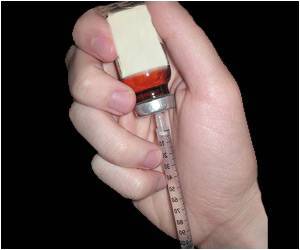
Varga's laboratory collaborated with a pulmonary team at Northwestern, along with teams at Case Western Reserve University and Dartmouth University on the discovery.
Researchers studied skin and lung biopsies from scleroderma patients and found that the Wnt pathway was 'turned on', in contrast to healthy individuals where the pathway was 'turned off.' Varga said this activation may be due to loss of Wnt inhibitors that normally serve as 'brakes' on the pathway to prevent its activation.
The team also examined what the pathway does using fibroblasts and stem cells from healthy people. They found Wnt causes fibroblast activation and blocks the development of fat cells (adipocytes), which directly contribute to scar formation and tissue damage seen in scleroderma.
Scleroderma is a chronic autoimmune disease in which the body's immune system attacks itself. It causes progressive thickening and tightening (fibrosis) of the skin and also can lead to serious internal organ damage and, in some cases, death. Scleroderma affects an estimated 150,000 people in the United States, most frequently young to middle-aged women.
"Scleroderma is a complex and poorly understood disease with no cure," said Varga. "Our findings suggest that treatments targeting the Wnt signaling pathway could lead to an effective treatment."
Advertisement
Source-Eurekalert












